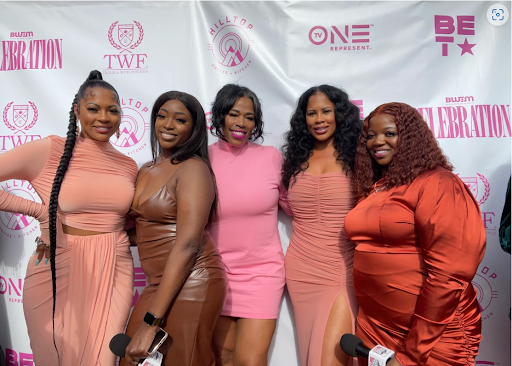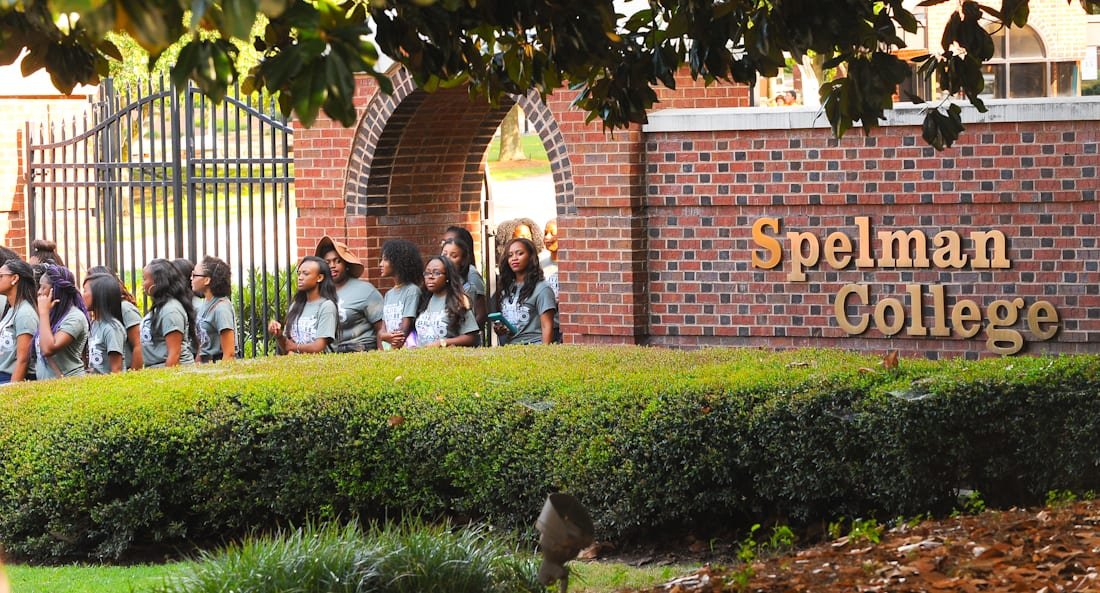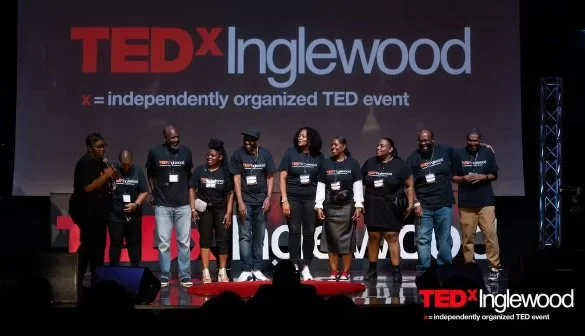Why Afrofuturism Is A Fierce Instrument Of Black Empowerment And Liberation
By: Cory Utsey
At the intersection of fantasy, technology, and Black liberation lies the thrilling idea of Afrofuturism.
Afrofuturism functions as a reimagining of what it means to be Black, as well as how this blackness might exist in the future, and it is one of the most innovative tools used by Black innovators to empower Black people.
The concept of Afrofuturism did not have a succinct name until 1994, when Mark Dery released an essay entitled “Black to the Future”. In this essay, he defined Afrofuturism as a form of speculative fiction, which is a broad genre of fiction that incorporates elements of fantasy and the supernatural. When these elements are combined with African-American centered themes and a technologically advanced future, Afrofuturism is born.
Even though this loose ideology did not always have a name, it has been contributed to by a number of Black artists, scholars, and activists over the years. Whether it was exemplified by means of science-fiction novels from author Octavia Butler, or the unique, mythical sounds from composer Sun Ra, Afrofuturism has allowed Black people to construct worlds in which oppression and white supremacy have no agency over Black bodies-- where the potential and possibilities of Black existence has no bounds.
One of the most well-known imaginings of Afrofuturism is found in the 2018 Marvel movie Black Panther, specifically in the country of Wakanda. The mere existence of Wakanda, an African nation untouched by colonization, already serves as an immaculate conceptualization of how any culture within the African diaspora might exist had it been left to thrive on its own. But when this is combined with advanced technology and the fusion of traditional African dress with cyber-gothic clothing, the pure essence of Afrofuturism is employed.
HBO’s Lovecraft Country, especially in the seventh episode “I Am”, also utilizes elements of Afrofuturism to drive the plot. Although the show does not eradicate racism and white supremacy, its emphasis on ancestral connection and self-realization are still important features for Black people to draw inspiration from.
Afrofuturism is also quite prominent in the music of many modern artists, with Janelle Monae being one of its best known proponents. Throughout her whole discography and its accompanying images, Monae cultivates a complex dystopia in which themes of female empowerment, sexual reclamation, and the re-possession of one’s power are framed as the gateways to liberation.
Solange’s visual album for “When I Get Home”, along with many of Chloe X Halle’s most recent videos and performances for “Ungodly Hour” are also known for their incorporation of futuristic dress and electronic sound.
Chloe x Halle - ‘Ungodly Hour’
Though some elements of Afrofuturism might seem intangible, the ideology empowers Black people to work towards a future full of tangible change. It breeds the conception of a society advanced by equity, lined with inclusivity, and void of oppression.
Afrofuturism inspires us to continue fighting. It breeds a sense of hope. And most of all, it enables us to shape our reality rather than let reality shape us.







